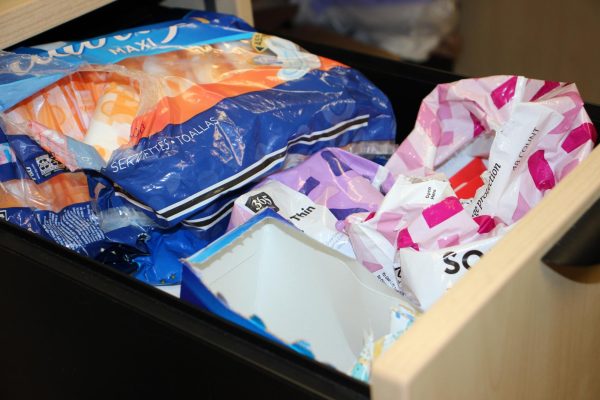Science: The sport
Science Olympiad
To some, science is an exploration into the details and mechanics of the material world; to others
it’s the most dreaded section of the ACT. But for one group of White Station students, science
has become a sport.
Science Olympiad is a team competition in which students participate in various events. These
are centered around various scientific fields, such as chemistry or geology. Each year, teams
from across the nation gather at regional competitions with hopes of advancing to state, and
ultimately, national levels.
In Science Olympiad competitions, small groups of individuals from each respective team
compete in different events. Some events test students’ knowledge of certain subjects, while
others require students to use their engineering skills to design, build and present devices that
accomplish certain goals.
“You get to learn about topics that you might not get to discuss much in school,” said senior
Yuqi Zhang, a four year member. “It has a real life application. It’s not like opening up a
textbook.”
This year White Station’s Science Olympiad team advanced to the state competition on April 12,
taking home second place.
“The most important skill it’s taught me is perseverance,” said Zhang. “You have to keep
experimenting, testing and working as a team.” Zhang encourages anyone with a curiosity for science to join the team. “A lot of the time,
especially in engineering [events], things you try won’t always work,” she said. “But it becomes
really fun when you can work together and succeed.”
Biology Olympiad
What is Biology Olympiad?
“The club is mostly centered around the USA Biology Olympiad competition, [which is] essentially a test
over all of biology to pick people for the USA team,” said junior and founder of White Station’s Biology
Olympiad, Linnie Jiang.
“[The exams are] designed to pick the four best US biology students to compete in the International
Biology Olympiad with representatives from other countries,” she said.
The club of approximately thirty students meets almost every week and reviews different topics in
preparation for a preliminary exam in February.
“Generally we try to do review games mixed with student presentations, but our goal is to do more labs
to allow a deeper understanding to develop,” said Jiang.
The club is primarily run by students. They do research outside of the club and present it in the form of a
lesson during the meetings.
“[The students] have to go figure out how to study independently without a teacher or without the risk
of failing a test so these students have to be highly motivated because this doesn’t add to their test or
exam grade in any way,” said club advisor Dr. Chikezie Madu.
Biology Olympiad is great for “any student that loves biology, that loves to learn, that loves to be
challenged,” said Madu. “If you have a passion for it, it won’t seem like a lot of work.”
Your donation will support the student journalists of White Station High School. Your contribution will allow us to purchase equipment and cover our annual website hosting costs.





































